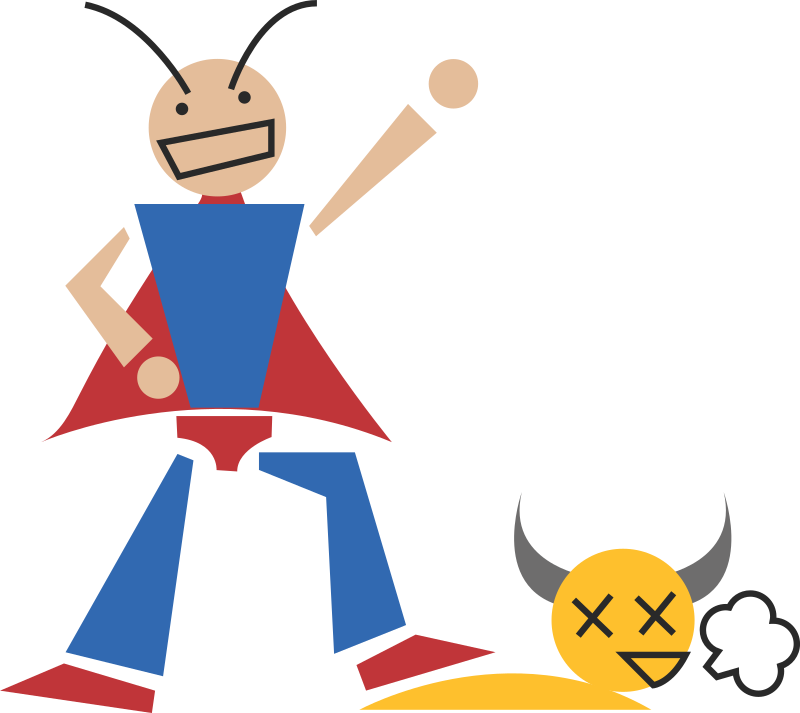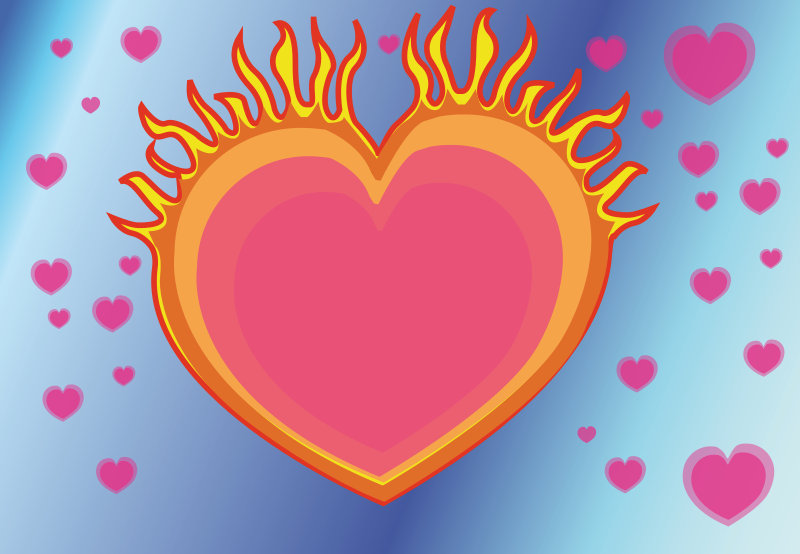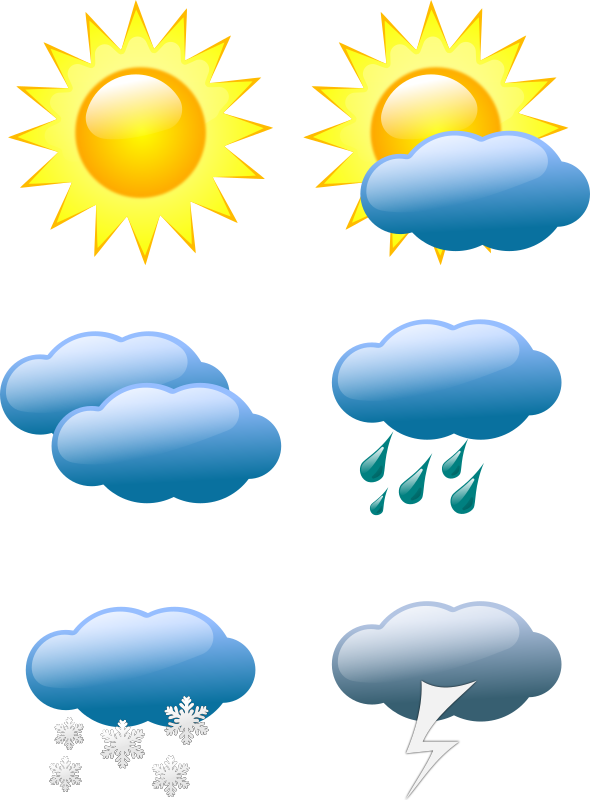Figuring out the correct use of the word there gets confusing enough, but when you start adding verbs it can become a grammatical nightmare. Do you know how to use there is and there are the correct way? Don't answer too fast. I thought I knew how to use them, too, until I caught myself making the same mistake over and over again.
To Be or Not to Be
Why is it so hard to know the difference between there is and there are? For starters, is and are are both forms of the same irregular verb, and nothing's worse than irregular verbs. They're both forms of the verb to be. For example, I might say that Sheila is pretty, or that We are polite. Both sentences use a form of be (Sheila be pretty; We be polite).
Confused yet? If you weren't confused about there is and there are before this post, you probably are now so my job is half done already. But I'm also going to get it all cleared up.










.jpg)













